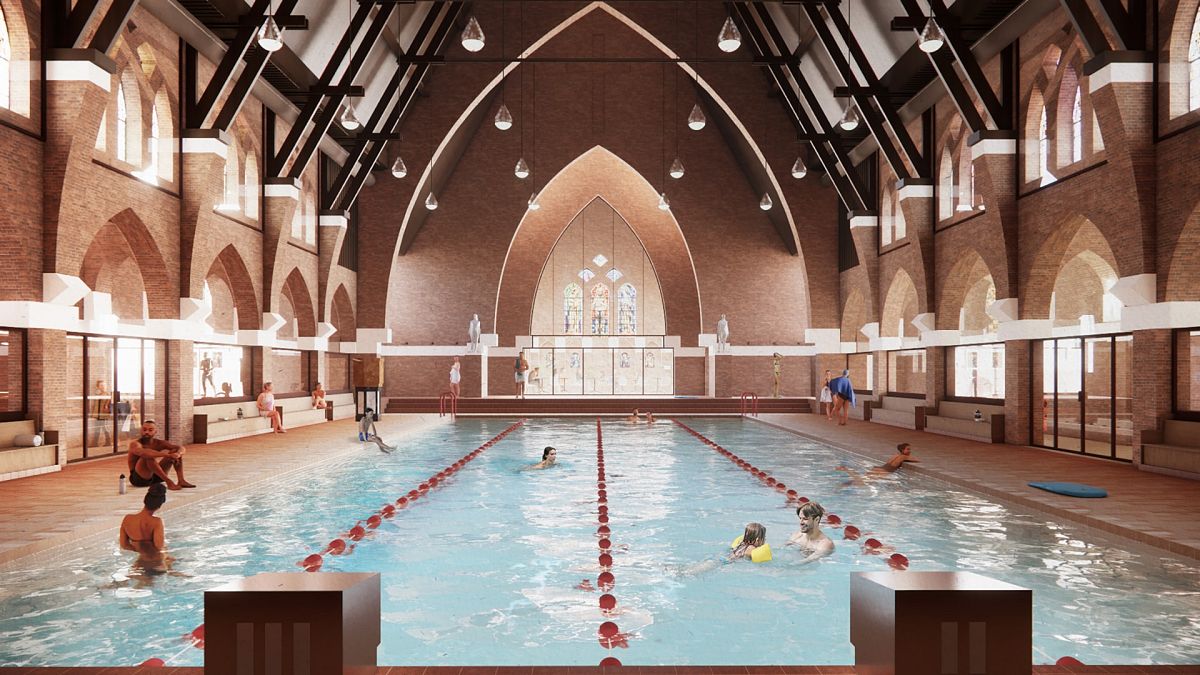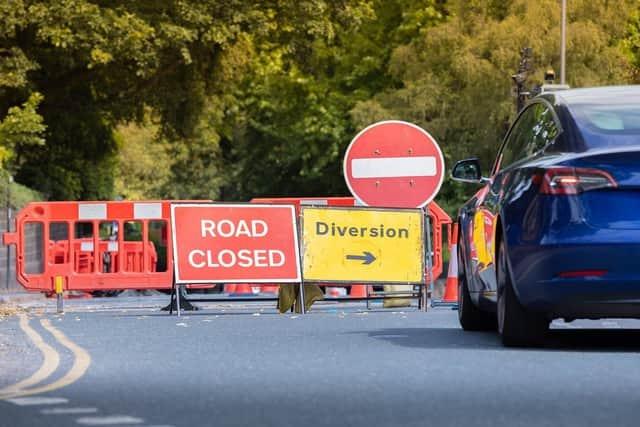It's been a bright and sunny April so far which has meant gardeners have been flocking back outside to tidy, mow, trim and generally maintain their lawns, grass, hedges and flowerbeds this month. But wildlife experts are warning people not to cut their grass or mow their lawn until a date in June at the earliest. The warning has been backed by renowned naturalist Sir David Attenborough , who has in recent years been calling on Britain to ‘delay mowing’ because the country has lost a startling 97% of a precious habitat vital to the food chain.
It's because bugs like bees, butterflies and even wasps use lawns and in particular, the daisies, weeds and wildflowers among them, to breed, pollinate and otherwise maintain a healthy ecosystem at this time of year. Shredding the grass down interferes with all that, killing off lots of insects that are an essential - and increasingly threatened - part of our ecosystem. Put simply, if those insects die off, we all die off eventually.

Gardeners World legend Monty Don has warned gardeners not to cut lawns until one date in June. He said: "Nothing should be cut at all until after the longest day on June 21. “This gives the foliage of the bulbs time to die back and feed next year’s bulb and subsequent flowering.
“The grass can then be cut if it has been hot and dry although sometimes I leave this as late as mid-August." Renowned naturalist Sir David Attenborough also issued a warning about the state of the UK's wildlife on BBC 's Wild Isles nature documentary. He said: "Nowhere here is richer in wildflowers and insect pollinators than our traditional hay meadows.
Sadly, in the last 60 years, we've lost 97% of this precious habitat. "But with nature-friendly farming, meadows can be restored to provide a haven for wildlife. "It's all about the timing.
Delaying mowing...
allows birds and insects to complete their breeding and flowers to set their seed." UK wildlife organisation Plantlife is leading No Mow May 2025. It says: "No Mow May is Plantlife’s annual campaign urging everyone to pack away the lawnmower, let wildflowers grow freely and help nature.
Whether you’re in a city, town or the countryside, it’s super easy to take part. "No lawn is too small! Even the smallest wild patch can provide vital food needed by bees and butterflies, connecting us with nature and giving nature the best start to summer. "A healthy lawn with some longer grass and wildflowers helps to tackle pollution, benefits wildlife and can even lock away carbon below the ground.
There are more than 20 million gardens in the UK, so even the smallest grassy patches can add up and deliver enormous gains for nature, people and the climate . "No Mow May is the perfect starting point for summer and leaving a mix of grass lengths in your lawn from #NoMowMay and beyond means you’re giving nature the boost it deserves. Leading on to Let it Bloom June and beyond, this is the perfect time to join the No Mow Movement and manage your garden for nature all year round.
"That’s why we’re calling on everyone to give power to the flowers in 2025 and take part in the No Mow Movement!" Several groups and authorities across the UK have pledged to take part in No Mow May 2025. Stratford-on-Avon District Council said: "In 2025, Stratford-on-Avon District Council will again be participating in No Mow May, an important environmental initiative that aims to help reduce the global decline in pollinating insects. "Over 80% of crop species grown in Europe rely on bees, thrips, wasps, beetles, moths and other insects for reproduction.
We rely on a pollinator for every one in three bites of food we eat! "Research has revealed pollinator numbers are declining in the UK, which could have a serious effect on biodiversity, food supply and even human health. One of the main causes of pollinator decline is habitat loss, which the District Council can help prevent by engaging in the No Mow May initiative. "No Mow May encourages landowners to reduce their mowing frequency during one month, which will allow plant species to flower and provide a vital source of pollen and nectar.
Longer grass also provides shelter for wildlife, reduces pollution, increases carbon sequestration, and reduces carbon emissions by lowering fuel use. Cllr Susan Juned, Leader of Stratford-on-Avon District Council, said: "No Mow May forms part of a wider agenda to enhance biodiversity, which is being delivered by Stratford-on-Avon District Council. Other measures that have been delivered include tree planting, the creation of wildflower meadows on Council owned land and the declaration and ecological enhancement of a new Local Nature Reserve".
.
Environment

Gardeners told to stop mowing lawns until June date after expert's stark warning

Gardeners are being told not to mow their lawns until a date in June following a stark warning from experts.















